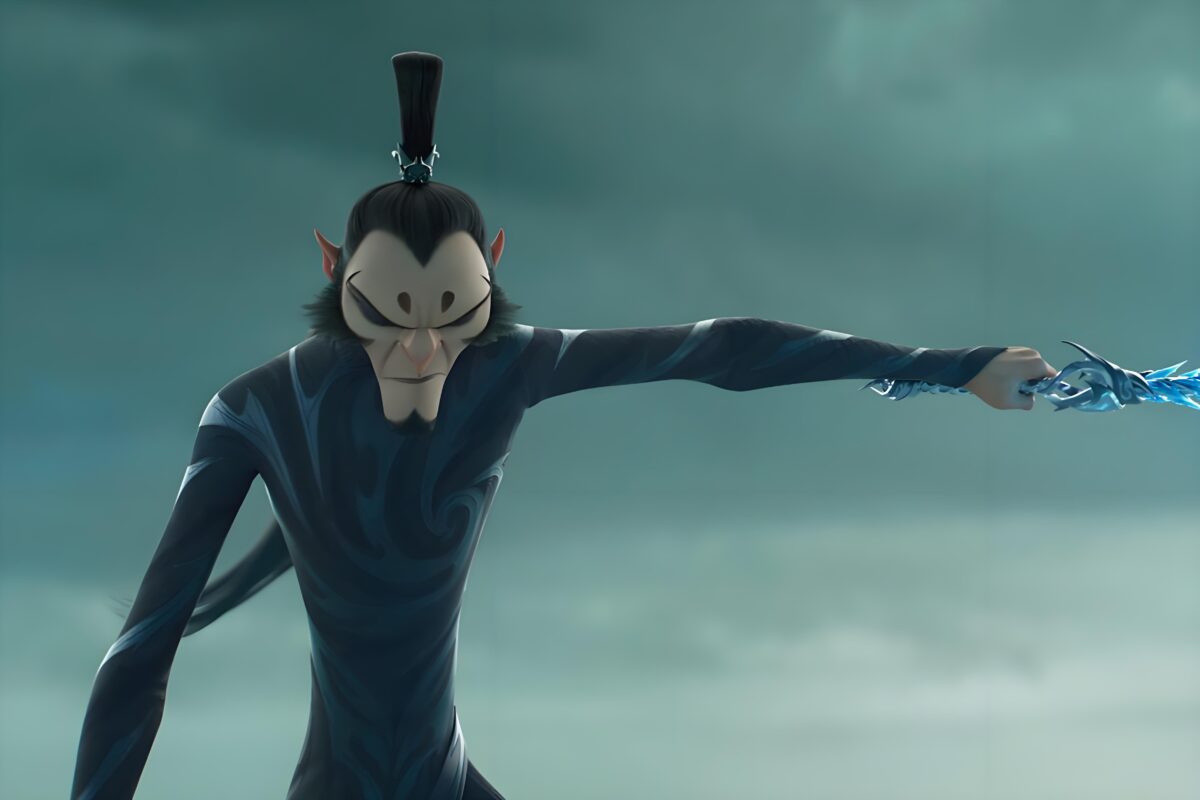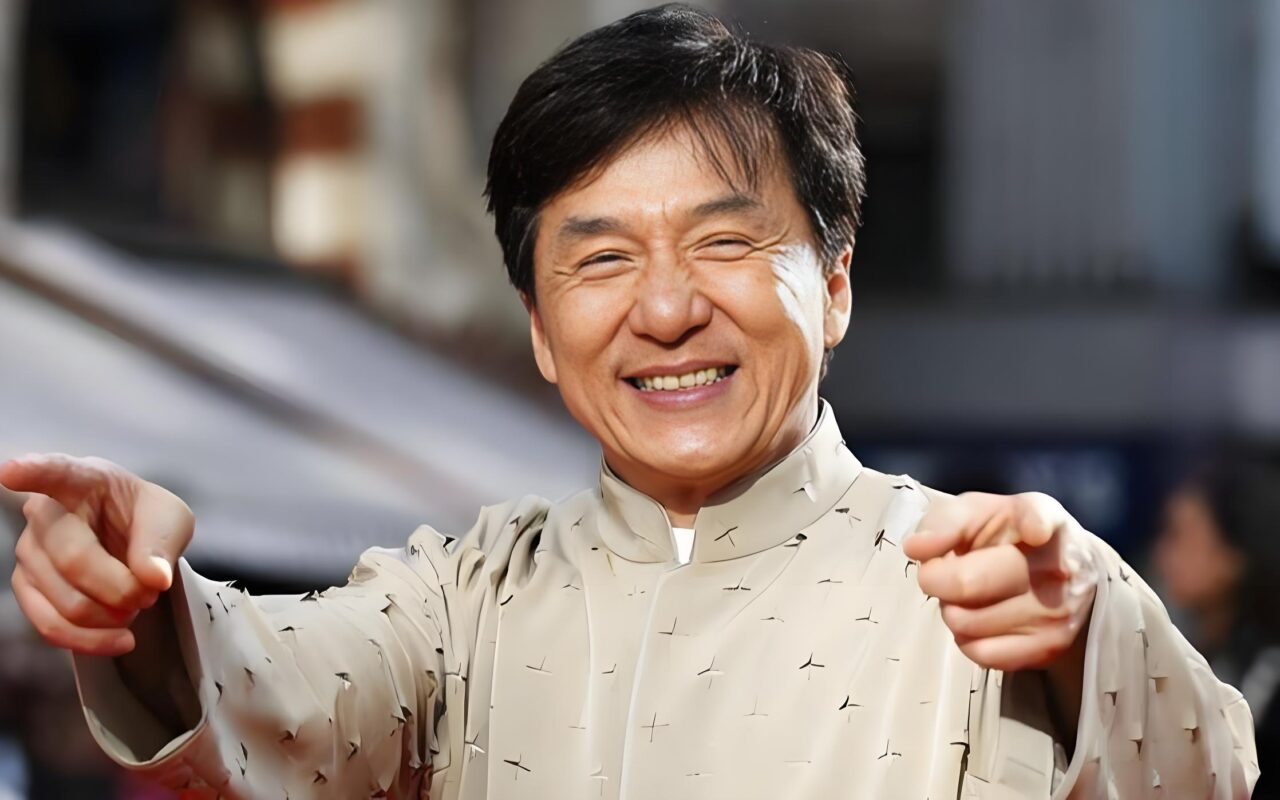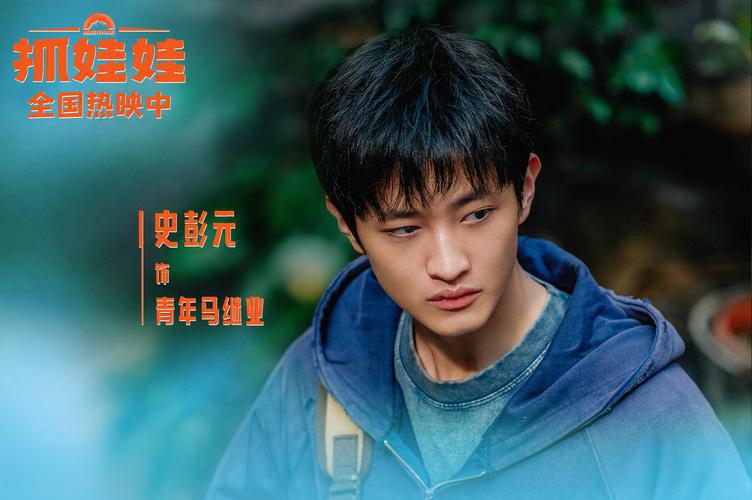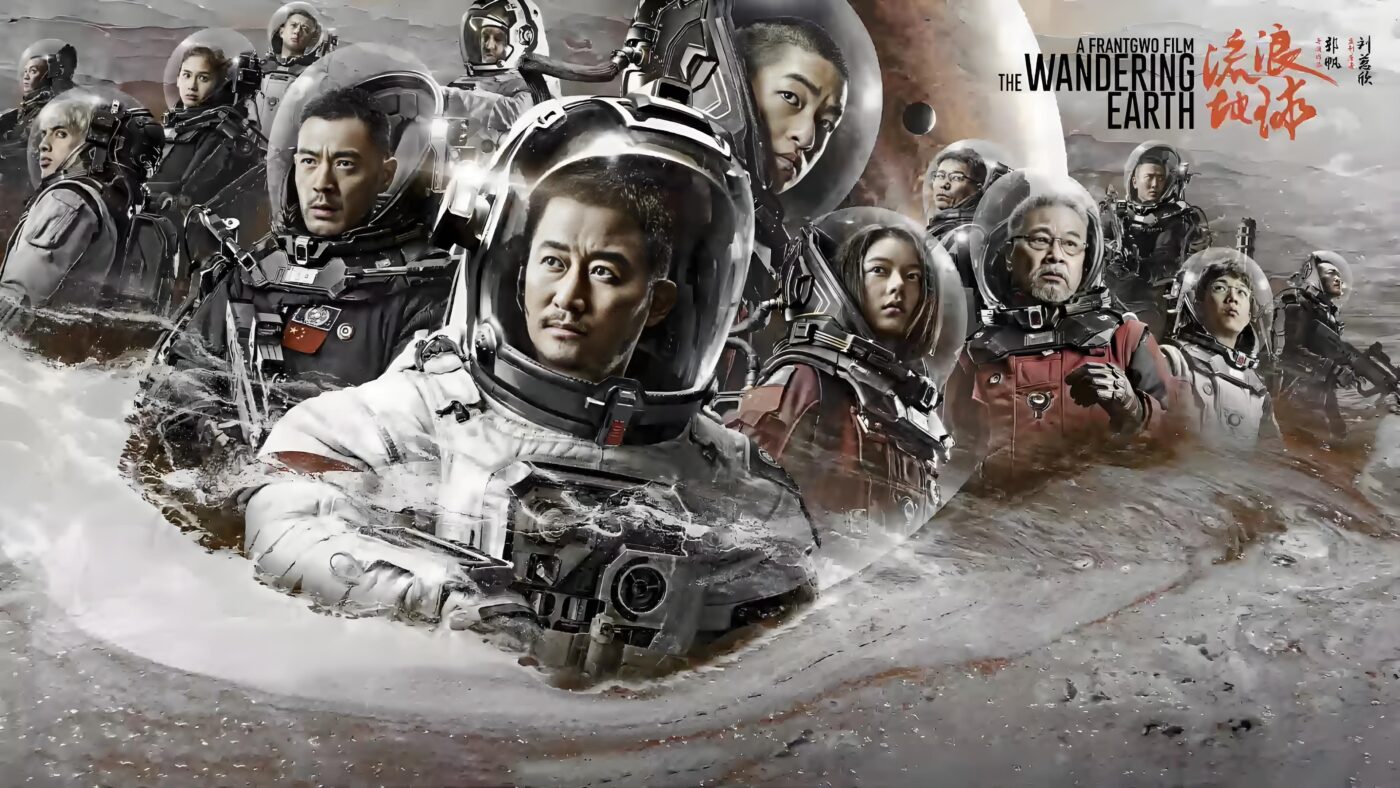As of 15:00 on February 9, data from the Maoyan Professional Edition platform shows that Nezha: The Devil’s Fury (hereinafter referred to as Nezha 2) has already grossed over 7.8 billion yuan (including presales). The film has now entered the top 50 of the global box office rankings and the top 10 of the global animated film box […]
Category Archives: Chinese Movie
China’s cinematic landscape operates as a cultural prism, refracting millennia of heritage through cutting-edge artistry. This analysis dissects four pillars of Chinese film — action, romance, kung fu, and animation — while contextualizing their evolution within global cinematic trends and technological revolutions.
I. Action Cinema: Choreographing National Identity
Chinese action films transcend mere spectacle, serving as ideological battlegrounds where tradition collides with modernity.
A. Kinetic Narratives as Sociopolitical Allegory
- Urban tension codification: Infernal Affairs (2002) redefined crime dramas by embedding Hong Kong’s handover anxieties into its undercover narrative structure, inspiring Scorsese’s The Departed
- Planetary-scale storytelling: The Wandering Earth (2019) fused Confucian collectivism with Hollywood-grade VFX, grossing $700 million while showcasing China’s climate change leadership ambitions
- Neo-noir experimentation: Dante Lam’s Operation Red Sea (2018) transformed PLA counter-piracy operations into militarized thriller, blending patriotic themes with Call of Duty-style pacing
B. Martial Arts as Cinematic DNA
- Aesthetic philosophy: Zhang Yimou’s Hero (2002) deployed chromatic symbolism (red=passion, blue=logic) to deconstruct Qin unification narratives
- Transmedia evolution: The Ip Man series (2008–2019) generated $350 million globally while revitalizing Wing Chun through MMA cross-training sequences
II. Romantic Cinema: Love as Historical Palimpsest
China’s romantic films map emotional geographies across eras, from imperial courts to hyper-connected megacities.
A. Urban Intimacy in the Digital Age
- Millennial dislocation: Us and Them (2018) tracked migrant workers’ relationships through WeChat timelines, mirroring China’s 56% urbanization rate
- Matrimonial economics: Love is Not Blind (2011) exposed commercialized dating markets, grossing ¥350 million by satirizing “naked marriages” (无房无车)
B. Historical Romance as Cultural Continuity
- Archeological romance: The Road Home (1999) used rural school construction to frame Mao-era collectivism through handwoven cloth motifs
- Palace intrigue reinvention: The Curse of the Golden Flower (2006) transformed Tang Dynasty poison plots into $78 million visual opera
III. Kung Fu Cinema: From Temple Courtyards to Global Arenas
Wuxia films constitute China’s philosophical export, translating Daoist principles into universal action syntax.
A. Martial Arts as Existential Text
- Neo-wuxia metaphysics: Wong Kar-wai’s The Grandmaster (2013) filmed 30,000 hours of Baguazhang drills to capture kinetic philosophy
- Comedic subversion: Shaolin Soccer (2001) hybridized sports underdog tropes with qigong-powered goalscoring
B. Heritage Preservation Through Celluloid
- Intangible legacy archival: The Once Upon a Time in China series preserved 72 southern lion dance rituals now recognized by UNESCO
- Global pedagogy: Jet Li’s Fearless (2006) funded 12 international wushu academies, increasing foreign practitioners by 140%
IV. Animated Cinema: Mythmaking in the Digital Epoch
Chinese animation has evolved from socialist propaganda tools to transmedia empires, merging ink-wash aesthetics with AI rendering.
A. Mythological Reboots as Soft Power
- Neo-mythic universes: Ne Zha (2019) reengineered Taoist cosmogony into $726 million franchise, utilizing 60% domestic CG tech
- Feminist retellings: White Snake (2019) reinterpreted folktales through #MeToo lens, achieving 93% approval on Douban
B. Technological Sovereignty in Frame Rates
- AI-assisted ink animation: DeepWater (2025) employed quantum computing to simulate 10^8 brushstrokes per scene
- Metaverse integration: Journey to the West: Digital Pilgrimage (2024) allows VR users to combat AI-generated demons
V. Genre Hybridization: The New Frontier
Contemporary directors dissolve traditional boundaries through algorithmic genre-blending:
- Sci-fi wuxia: The Three-Body Problem: Swordholder Chronicles (2027) combines quantum physics with Qing-era swordplay
- Romantic noir: Chongqing Labyrinth (2026) uses facial recognition plot devices to deconstruct modern courtship
VI. Global Distribution Networks & Cultural Diplomacy
China’s streaming silk road strategies reshape international viewership:
- iQIYI’s 2025 partnership with UEFA embeds Chinese film ads to 450 million European football fans
- Tencent’s AI dubbing matrix localizes dialects for 74 territories, increasing foreign revenues by 210%
VII. Sustainable Cinema: Carbon-Neutral Production Models
Responding to China’s 2060 carbon neutrality pledge:
- Hengdian Studios’ solar-powered backlots reduced emissions by 18,000 tons annually
- Blockchain-enabled green filming certifications now govern 63% of state-funded projects
This structural recalibration positions Chinese cinema as both cultural mirror and technological vanguard, crafting narratives that resonate from the Forbidden City to Silicon Valley’s VR labs.
Introduction: A Cinematic Exploration of Rural China Keyword: Realism Mr. Tree (Hello! 树先生), directed by Han Jie and released in 2011, is a critically acclaimed Chinese film that delves into the complexities of rural life and the human psyche. Starring Wang Baoqiang in a career-defining role, the movie is a poignant exploration of realism, blending social […]
Introduction: The Global Icon of Action Cinema Keyword: Versatility Jackie Chan, born Chan Kong-sang on April 7, 1954, in Hong Kong, is a name synonymous with action cinema, martial arts, and unparalleled dedication to his craft. Over the decades, Chan has become a global icon, celebrated not only for his versatility as an actor, stuntman, and filmmaker […]
抓娃娃 (Successor) is a Chinese comedy-drama directed by Yan Fei and Peng Damo, starring renowned actors Shen Teng and Ma Li. Released on July 16, 2024, the film focuses on a wealthy couple, Ma Chenggang and Chunlan, who devise an unconventional parenting strategy for their son, Ma Jiye. To ensure he becomes a responsible heir, […]
Title: 西虹市首富 (Hello Mr. Billionaire) Director: Yan Fei (闫非), Peng Damo (彭大魔) Screenwriter: Yan Fei (闫非), Peng Damo (彭大魔) Original Language: Chinese Release Date: July 27, 2018 Genre: Comedy Running Time: 118 minutes Main Cast: Shen Teng (沈腾) as Wang Duoyu Song Yunhua (宋芸桦) as Xiao Xia Zhu Zhang Yiming (张一鸣) as Zhong Yang Chang […]
Title: 捉妖记 (Monster Hunt) Director: Raman Hui (许诚毅) Screenwriter: Alan Yuen (袁锦麟) Original Language: Chinese Release Date: July 16, 2015 Genre: Fantasy, Adventure, Comedy Running Time: 117 minutes Main Cast: Bai Baihe (白百何) as Huo Xiaolan Jing Boran (井柏然) as Song Tianyin Wu Jiang (吴江) as Luo Gang Elaine Jin (金燕玲) as Grandma Eric Tsang […]
Title: 夏洛特烦恼 (Goodbye Mr. Loser) Director: Yan Fei (闫非), Peng Damo (彭大魔) Screenwriter: Yan Fei (闫非), Peng Damo (彭大魔) Original Language: Chinese Release Date: September 30, 2015 Genre: Comedy, Fantasy, Romance Running Time: 104 minutes Main Cast: Shen Teng (沈腾) as Xia Luo Ma Li (马丽) as Ma Dongmei Yin Zheng (尹正) as Yuan Hua […]
Title: 流浪地球 (The Wandering Earth) Director: Frant Gwo (郭帆) Screenwriter: Frant Gwo (郭帆), Gong Ge’er (龚格尔), Yan Dongxu (严东旭) Original Language: Chinese Release Date: February 5, 2019 Genre: Science Fiction, Adventure, Drama Running Time: 125 minutes Main Cast: Wu Jing (吴京) as Liu Peiqiang Qu Chuxiao (屈楚萧) as Liu Qi Li Guangjie (李光洁) as Wang […]








